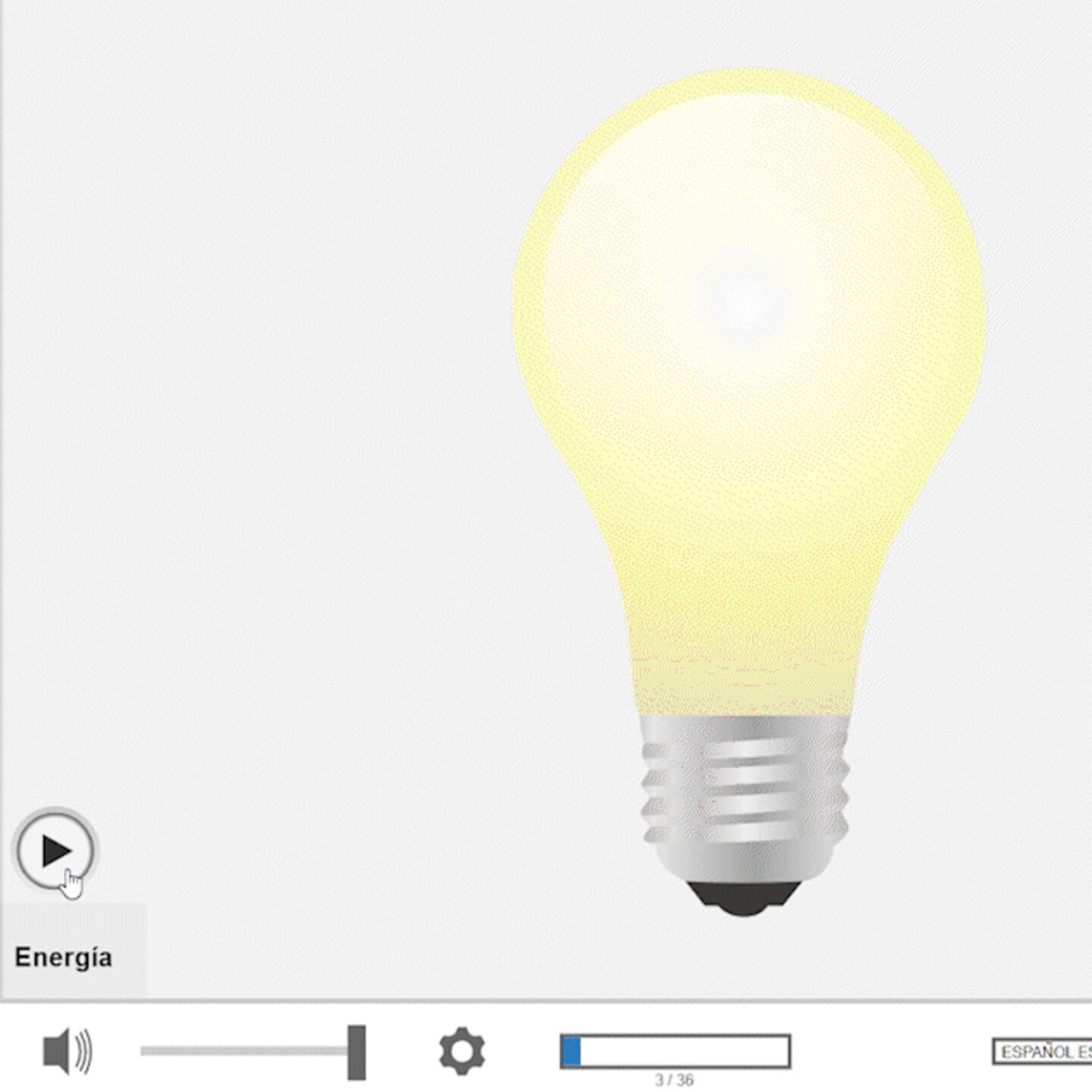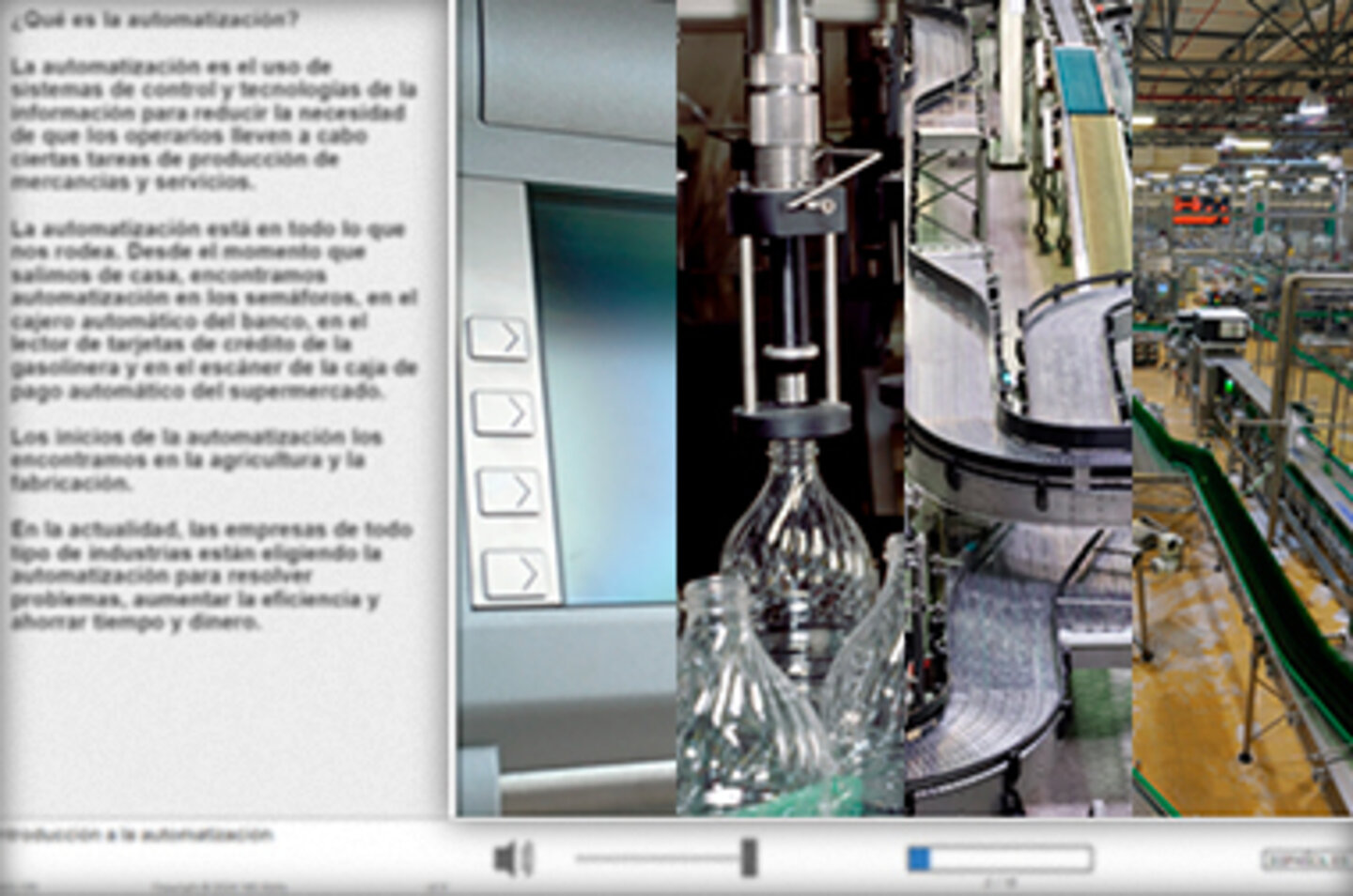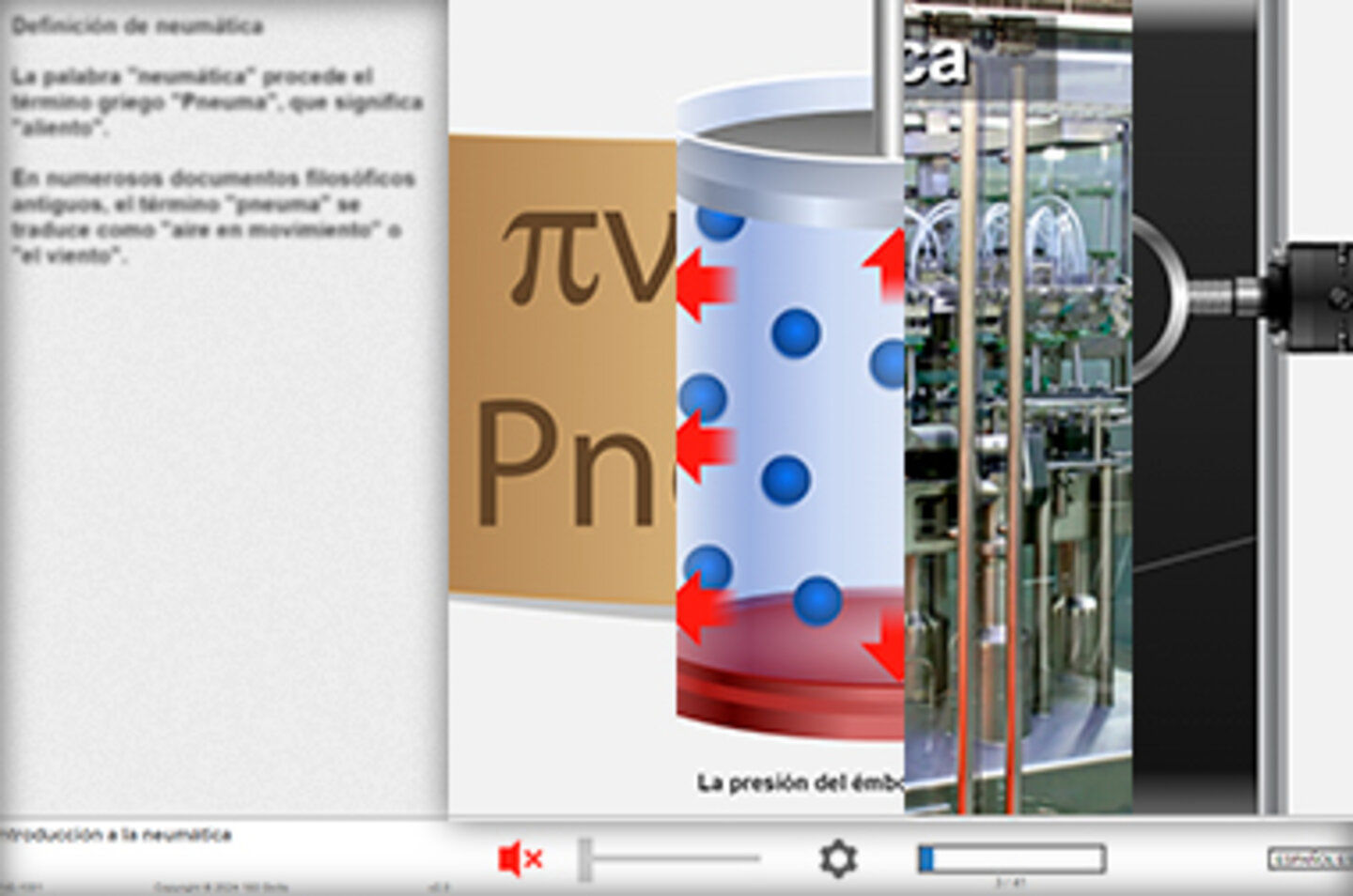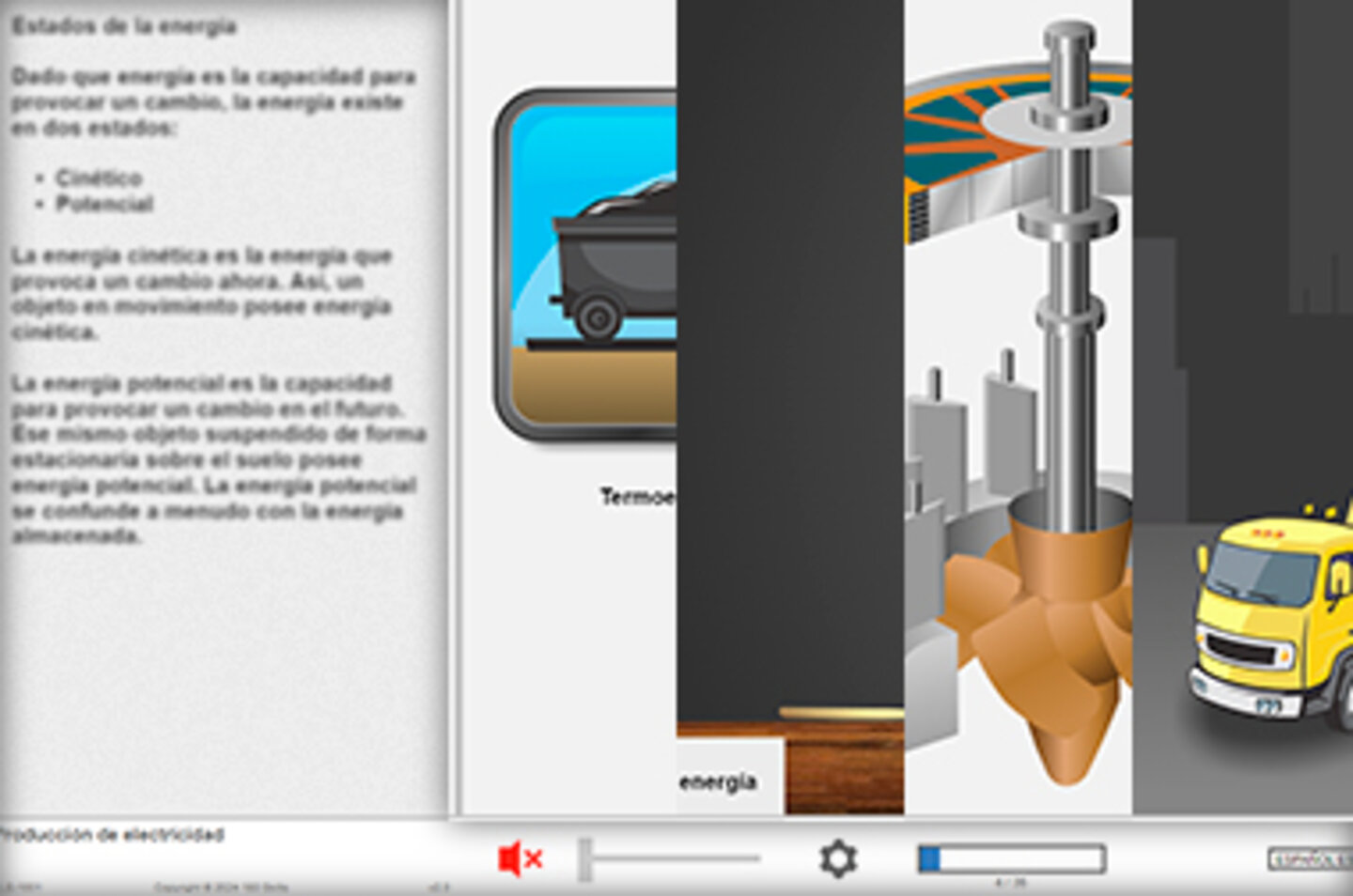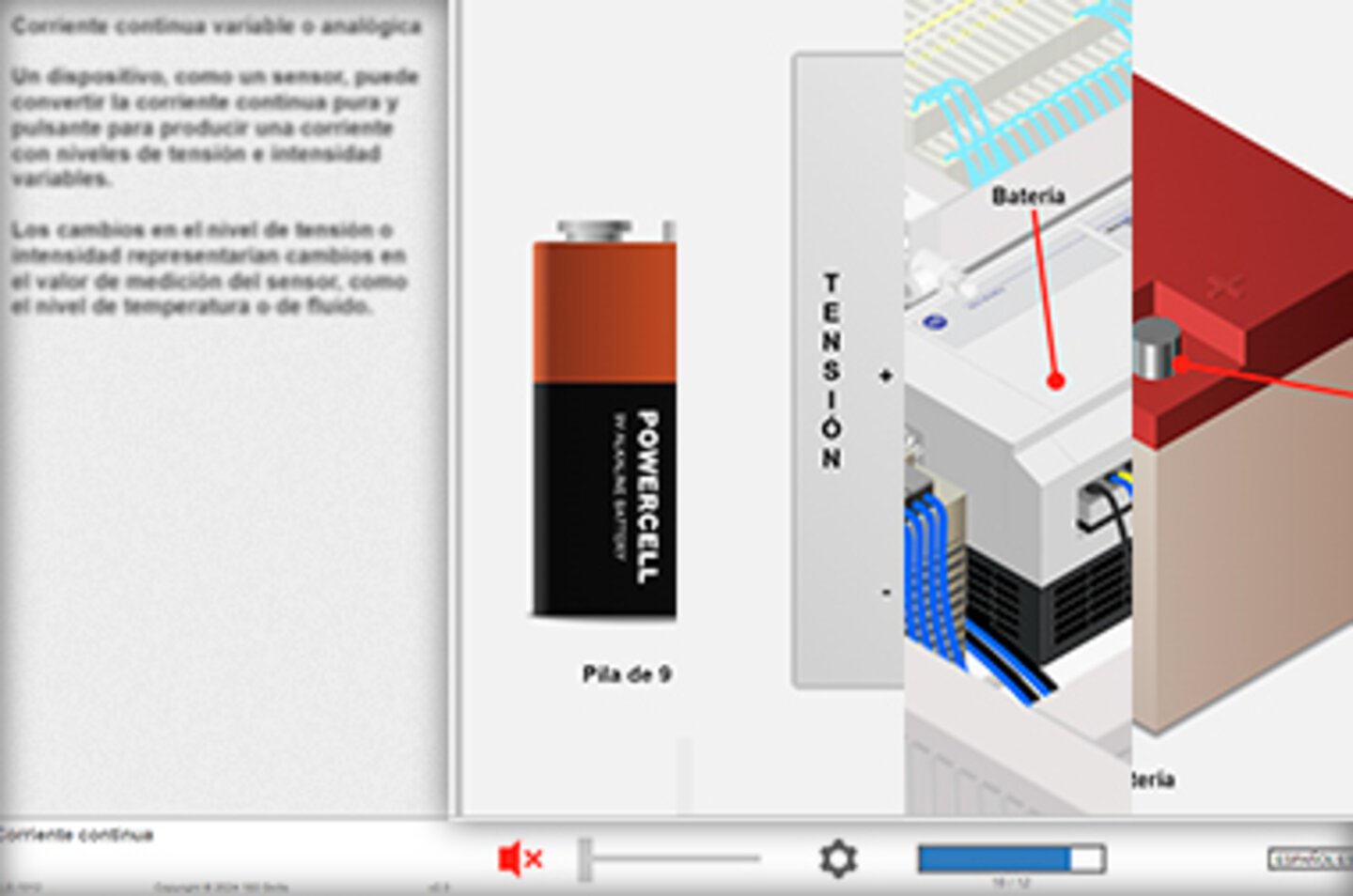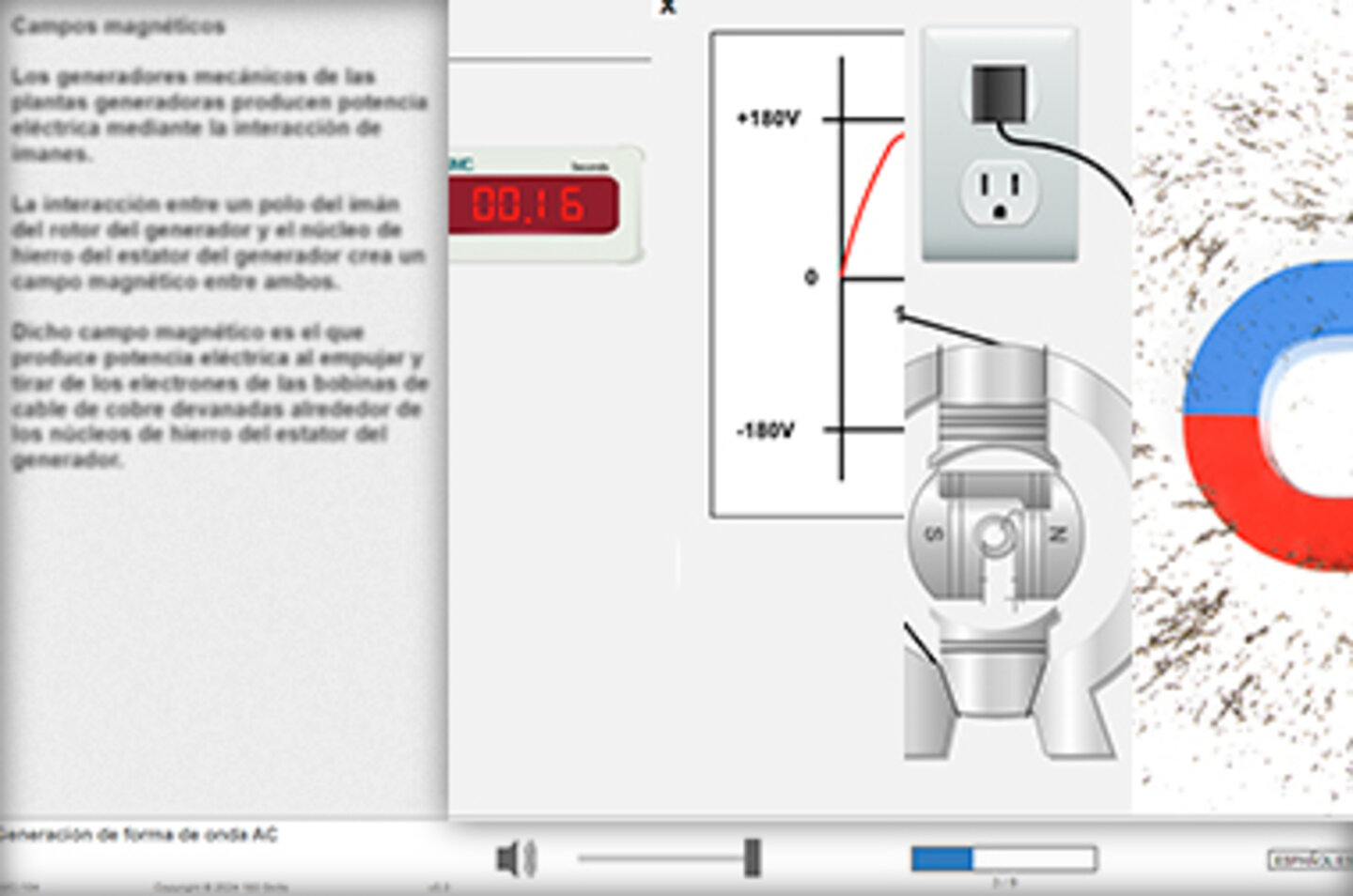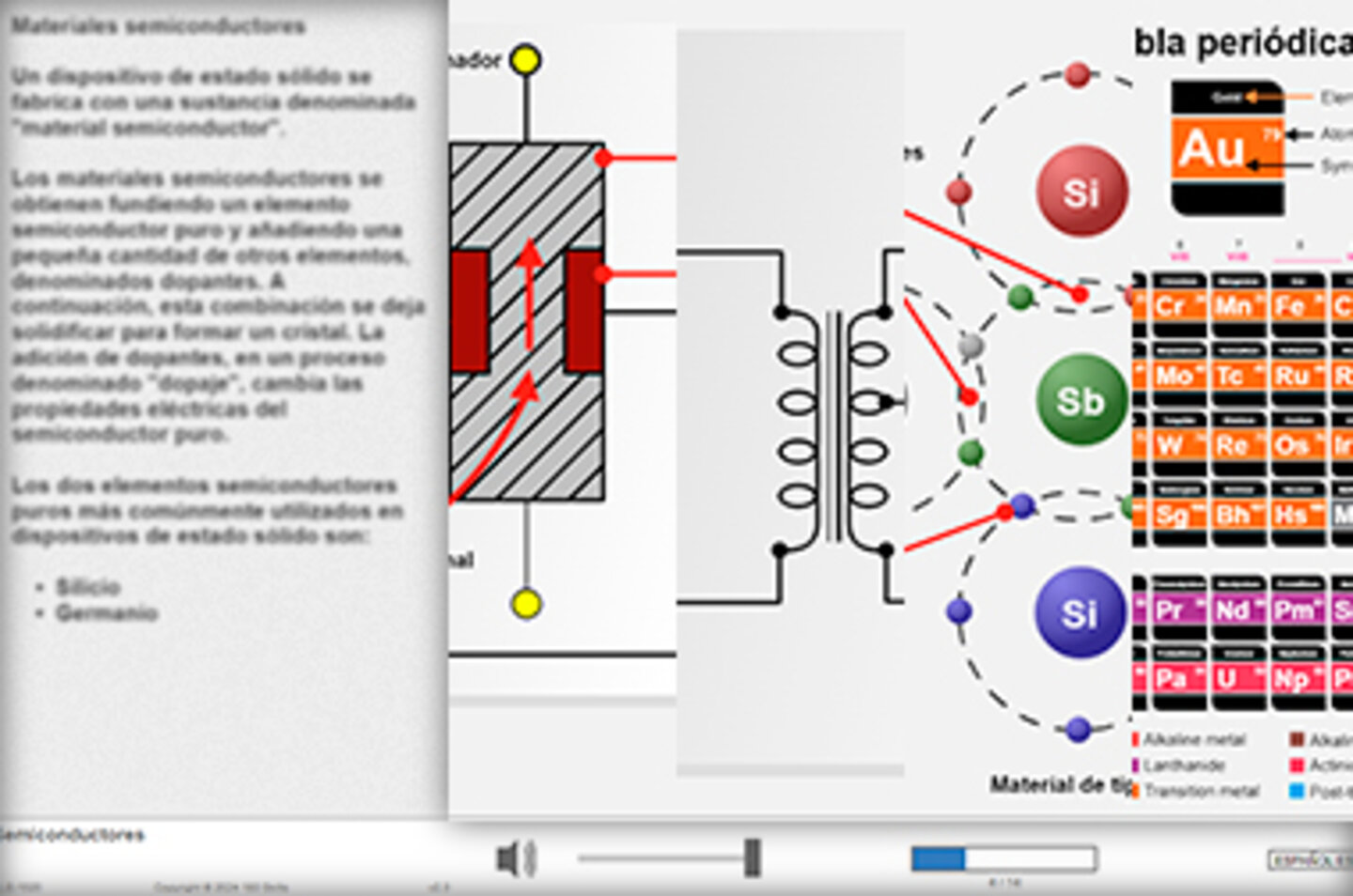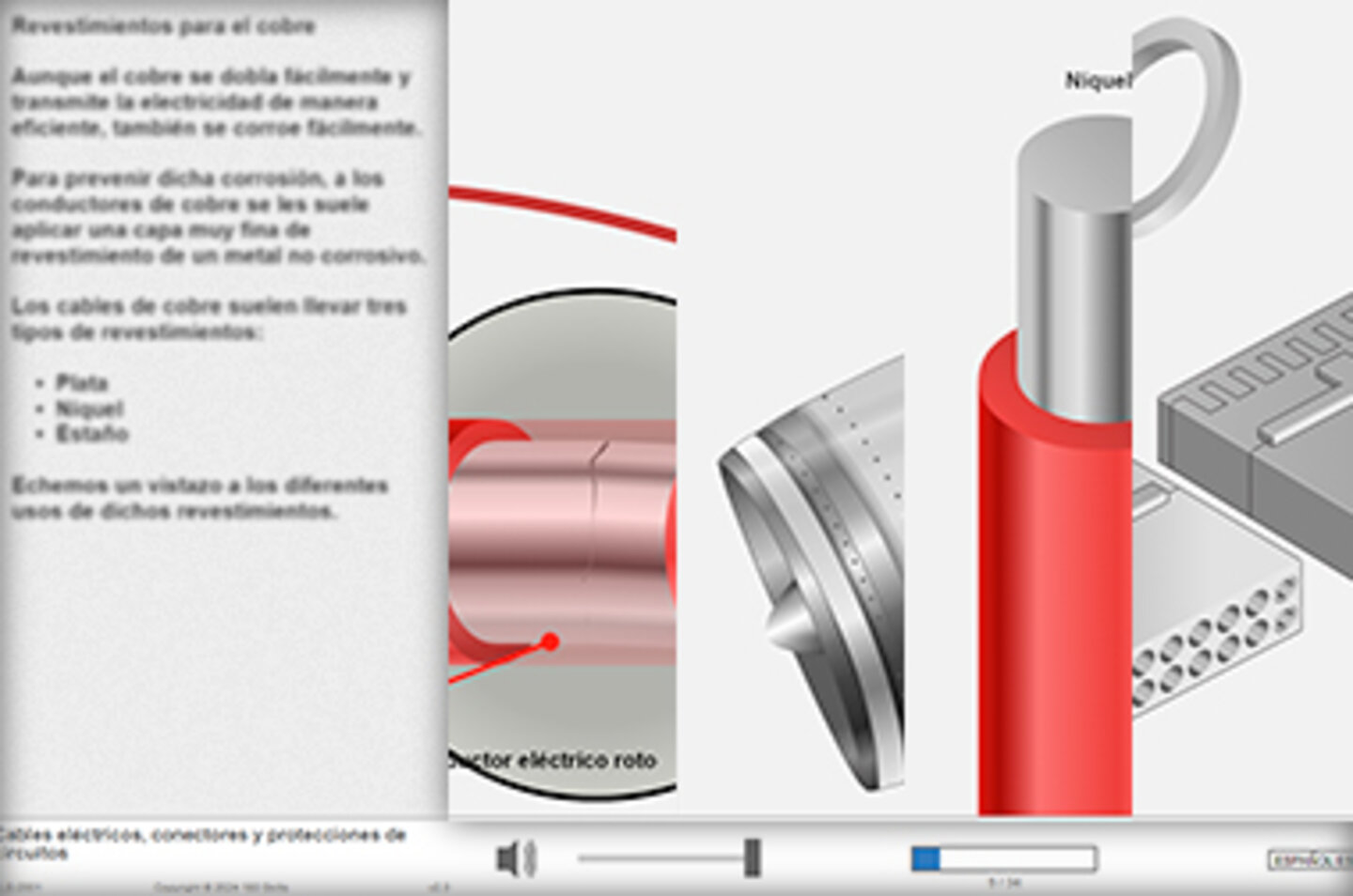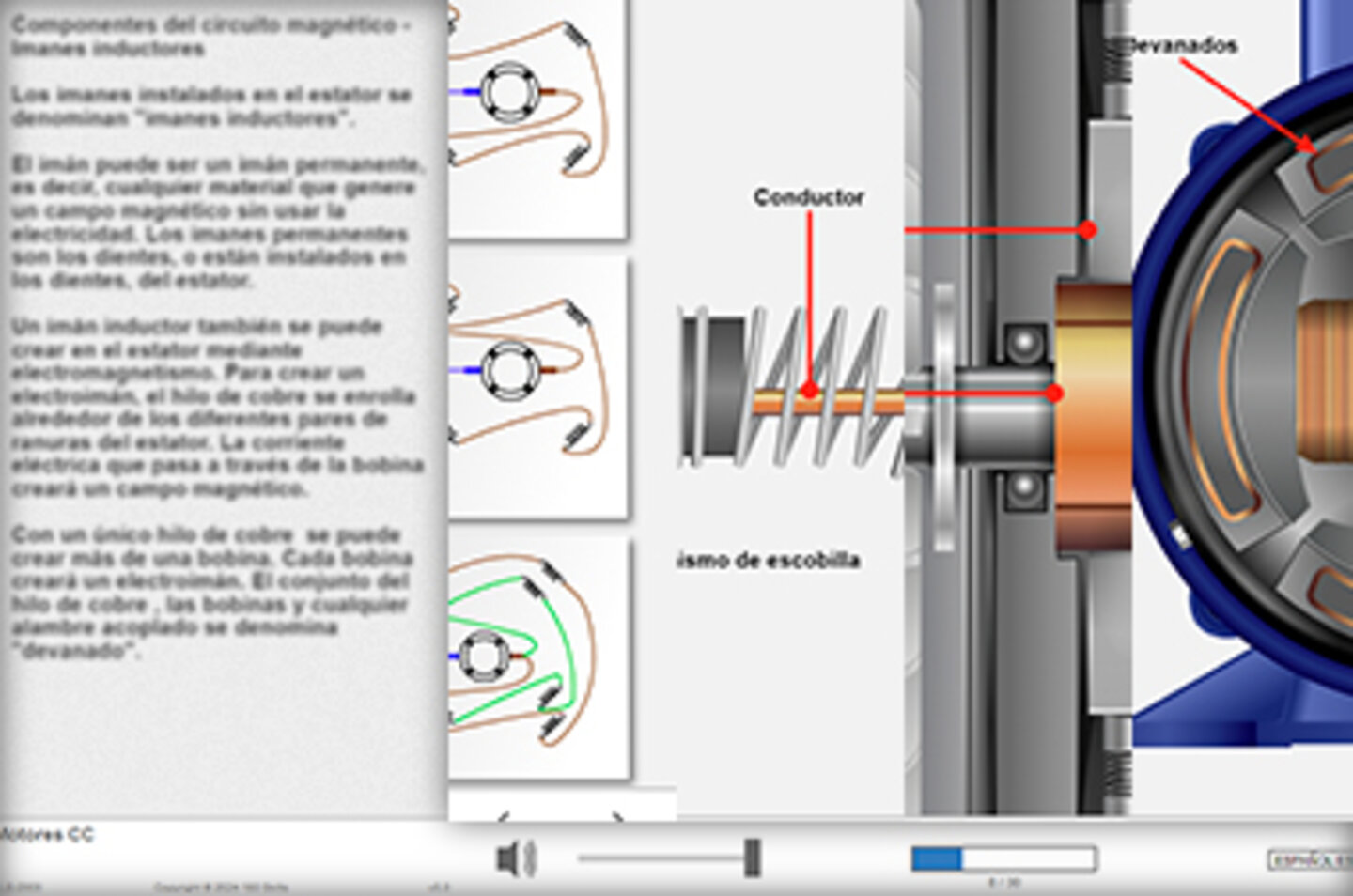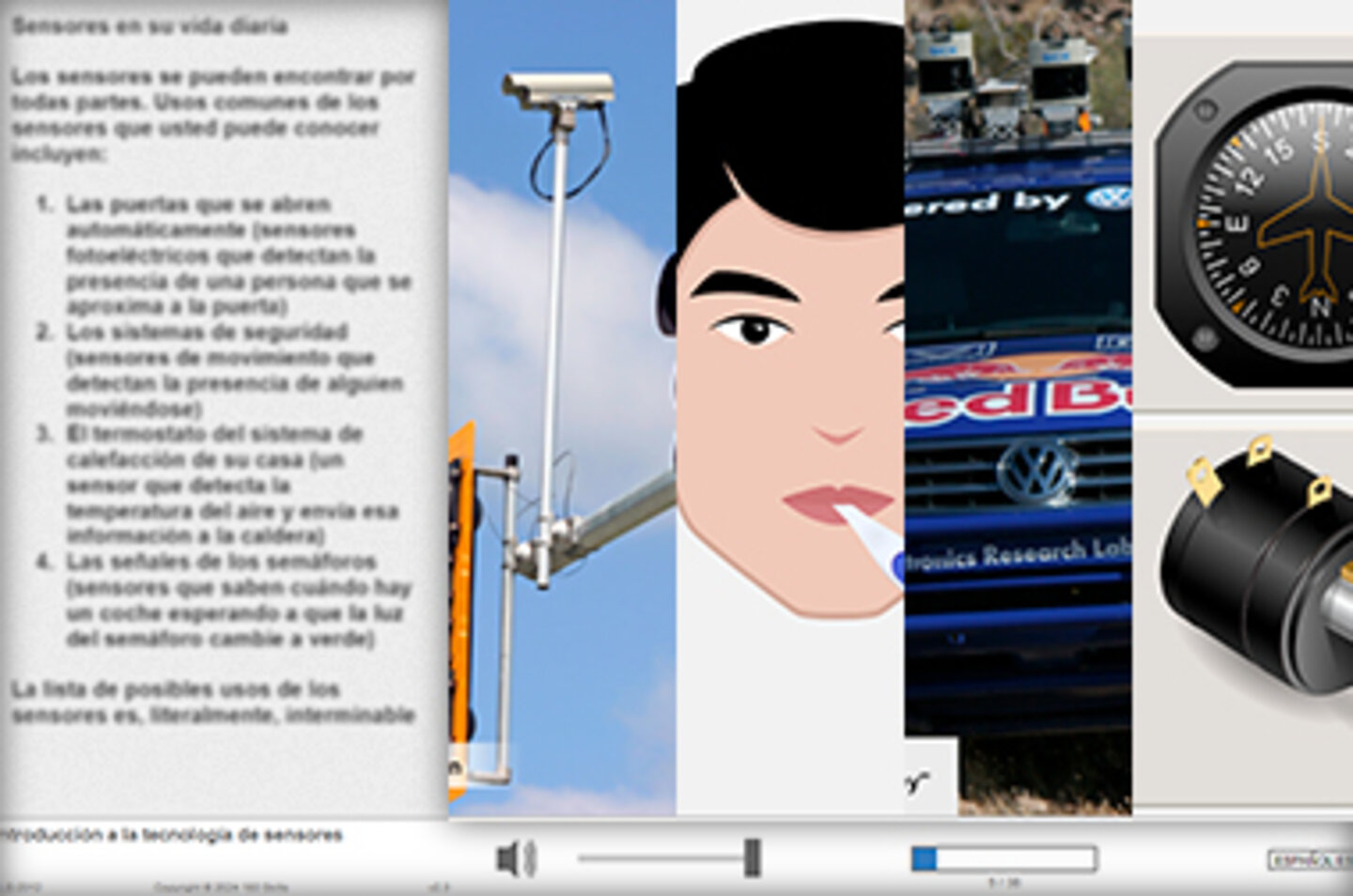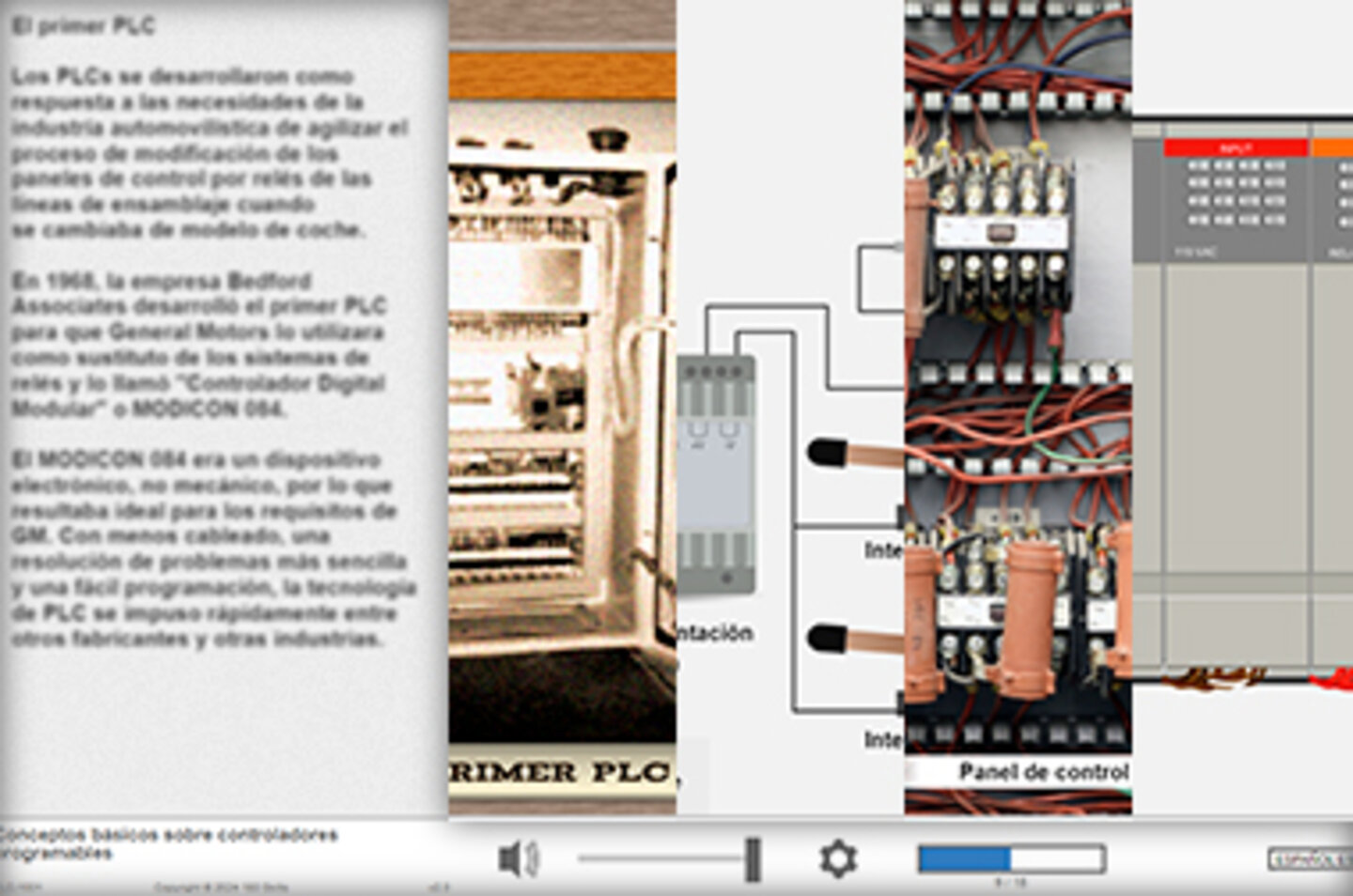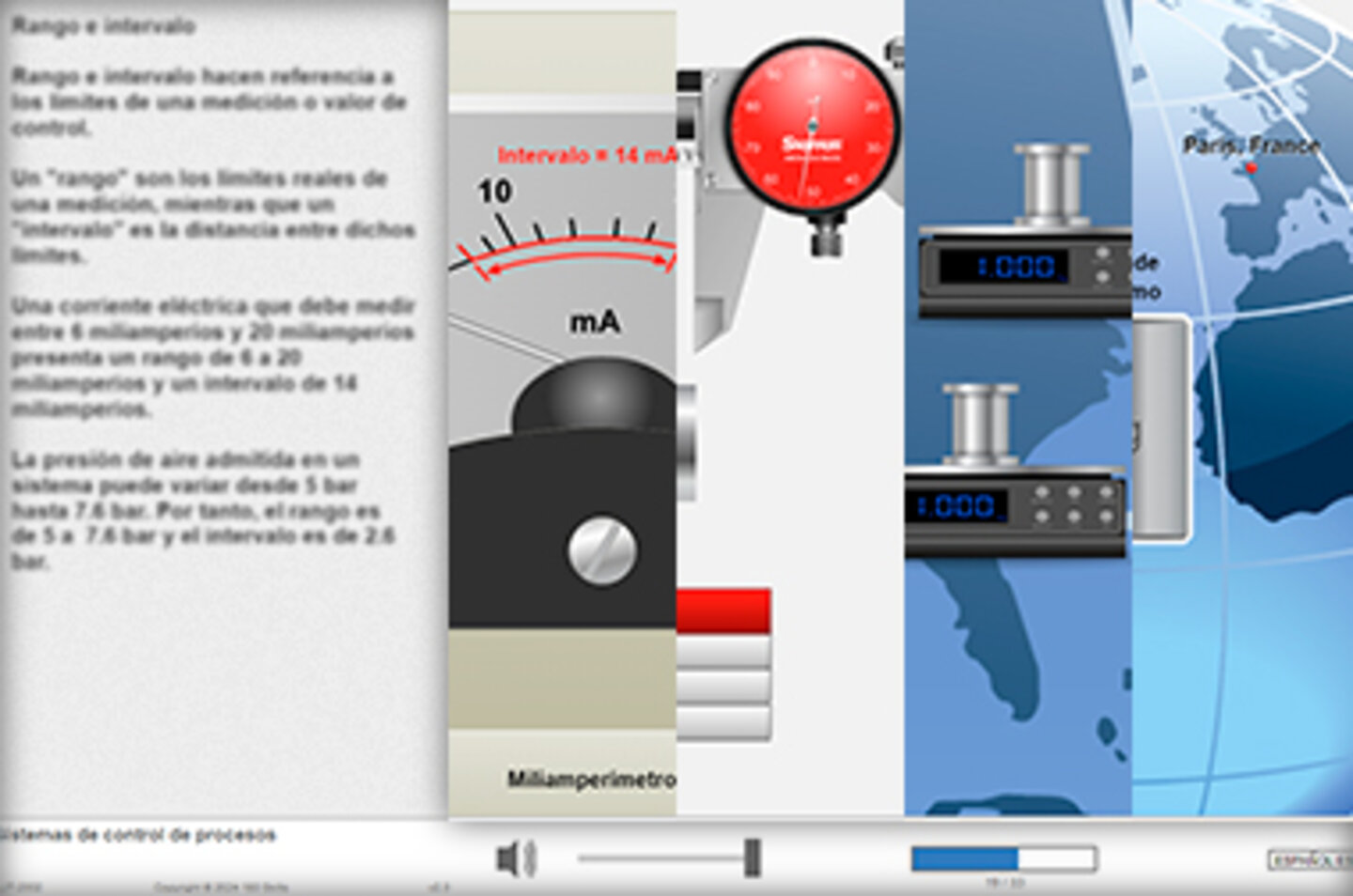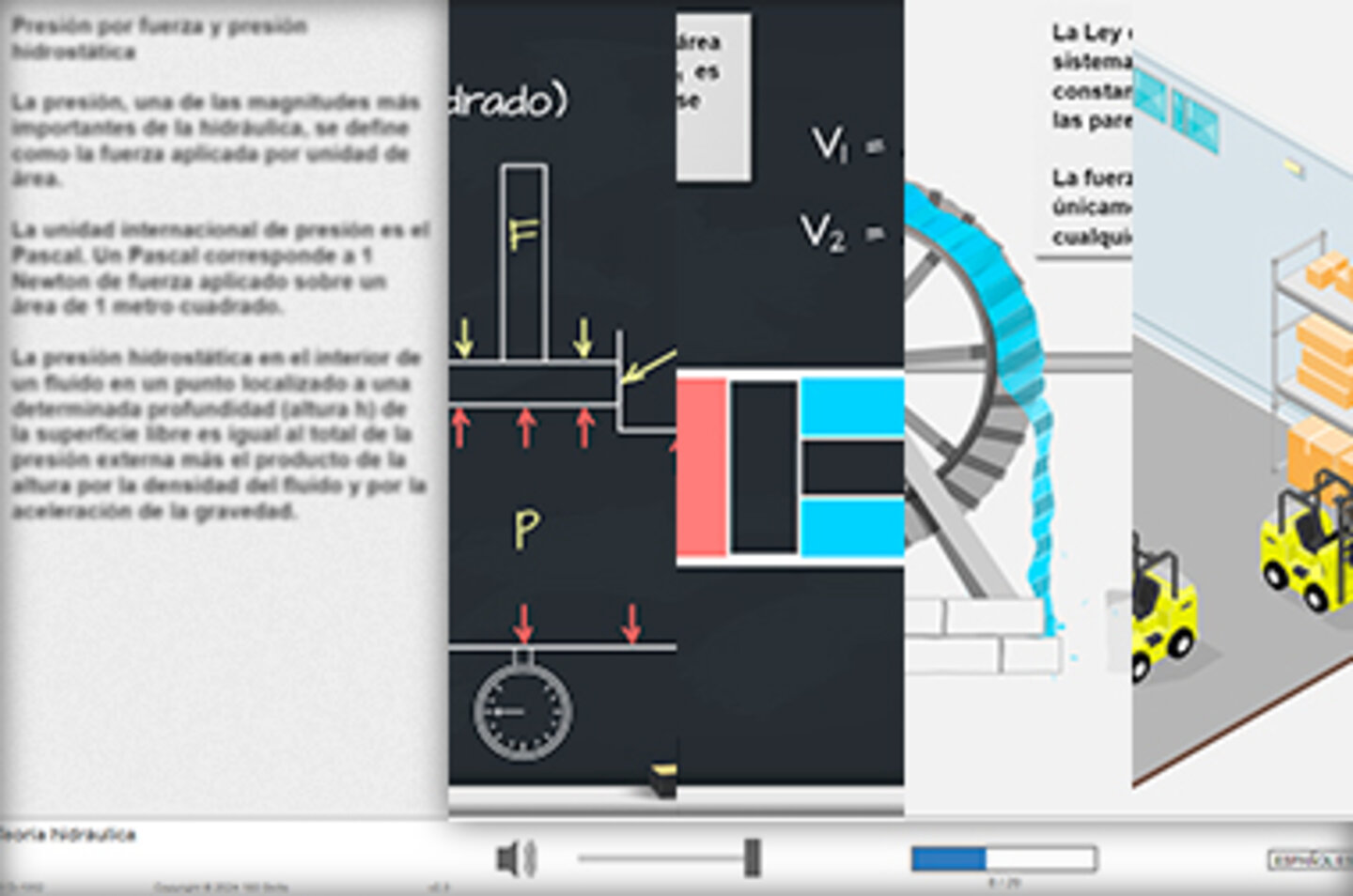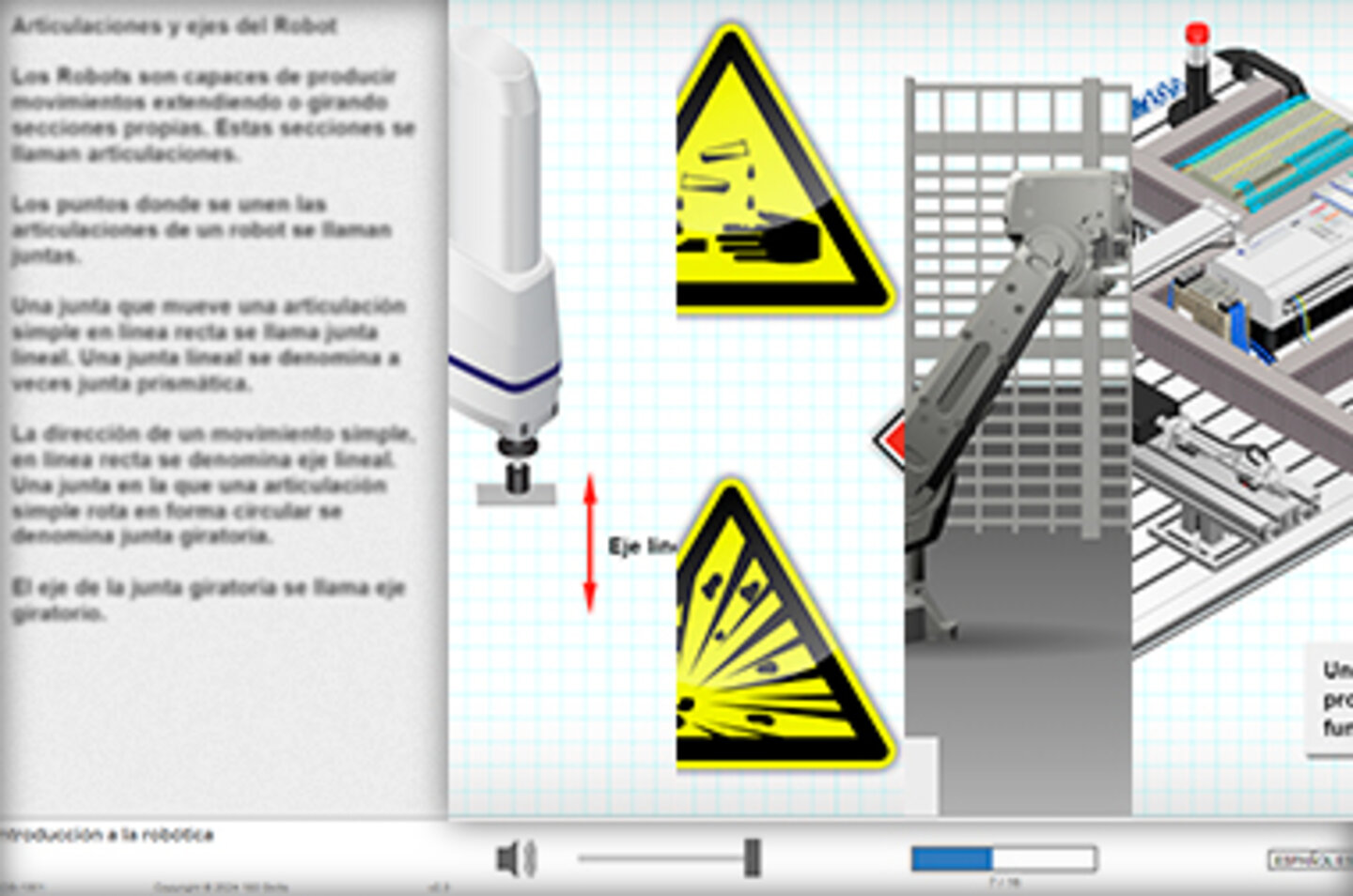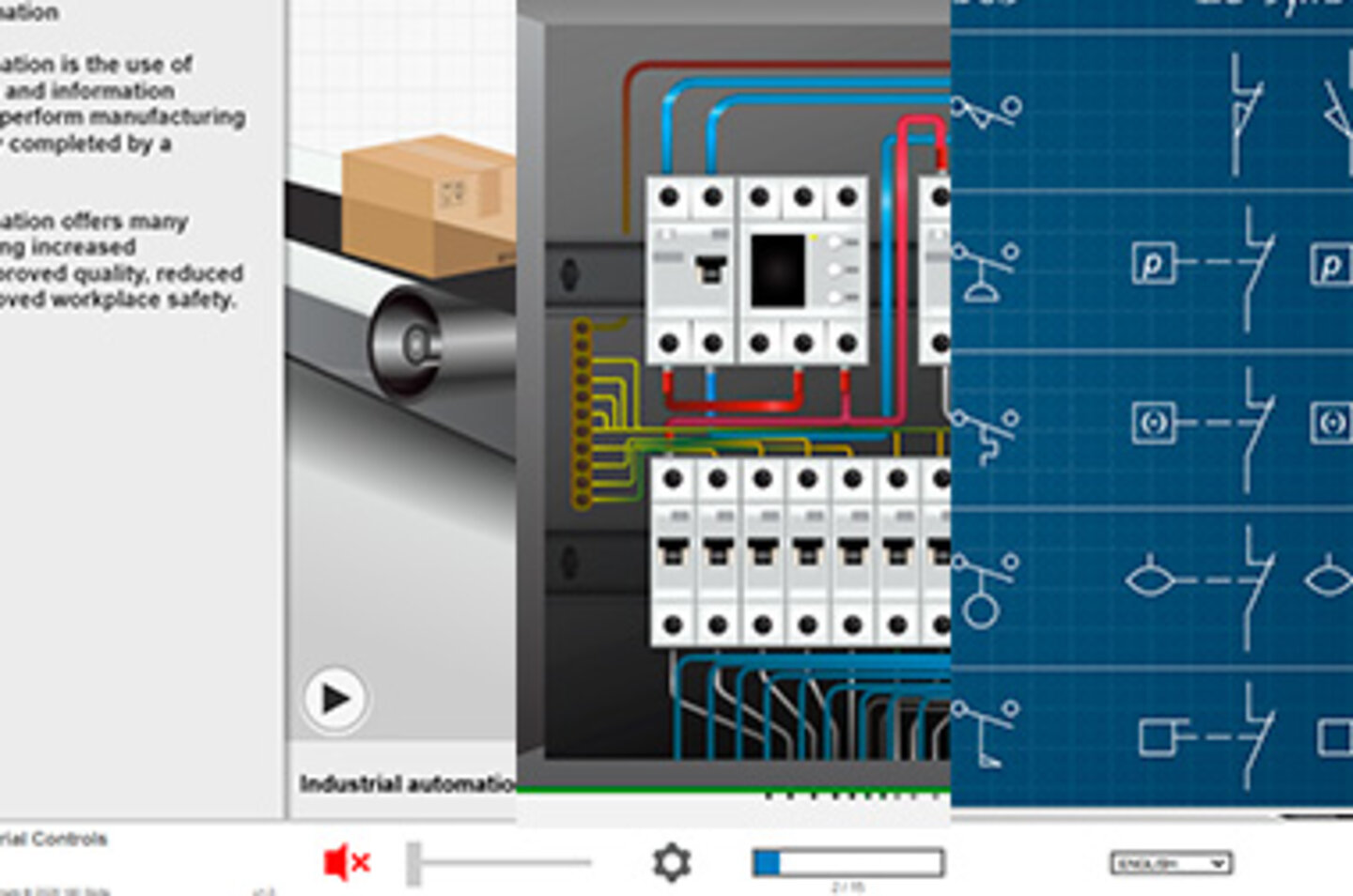eLEARNING-200 - The perfect theory companion
Online courses to acquire theoretical knowledge in automation technologies.
Online courses to acquire theoretical knowledge in automation technologies.
eLEARNING-200 is a flexible learning system where knowledge can be acquired dependant on the user’s available time and requirements. Users have the option to take the courses when this suits them best through Internet. To be able to develop different technology skills, theoretical knowledge must be acquired first. SMC International Training presents the eLEARNING-200 course programme: the perfect complement to our didactic equipment. eLEARNING-200 offers a total of 13 courses based on the automation pyramid, covering technologies in automated systems.
The licence is valid for a single user, it is not reusable. It will be valid for one year once the user enrolls the course. Non un-enroll option.
The licence is valid for a year. Valid for one user per licence. Reusable: it is possible to unenroll from the courses so that a new user could be enrolled again. This process can be repeated as many times before expiration of the licence.

Spanish
English
Czech
German
Bulgarian
Hungarian
Indonesian


Through SMC International Training's digital resources platform, users can get connected and work through the different chapters and tests to complete these courses.
